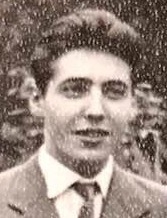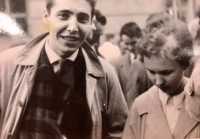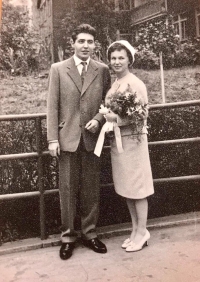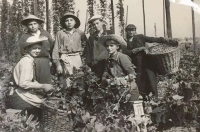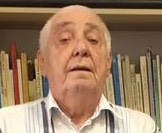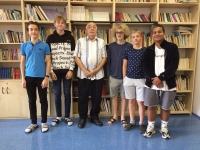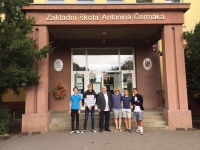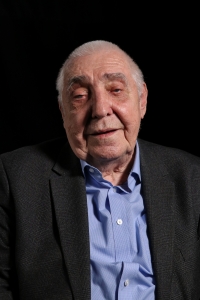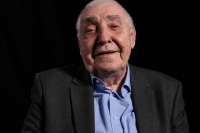They have formed an anti-state group of us

Download image
Radkin Honzák was born on March 30, 1939 in Prague. He experienced the bombing of the city during the war and spent the last weeks with his family in the countryside with his grandfather. Both of his parents were involved in the domestic resistance. In 1956, Radkin managed to get to study medicine and became a psychiatrist. He first joined the hospital in Kosmonosy and then the Institute for Nutrition Research in Krč. In 1968, Radkin Honzák co-founded the Club of Engaged Non-Party Members in the Institute. He was questioned during normalization by the secret police. He changed a number of jobs; for example, he worked in a marriage counseling center or in a Bohnice hospital. Today, he still has his psychiatric practice and at the same time writes books and devotes himself to journalism.
